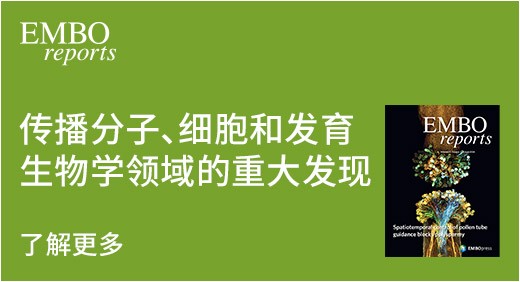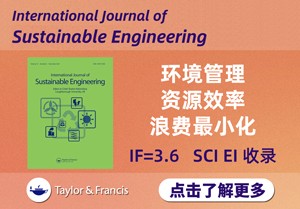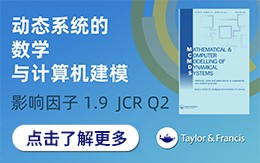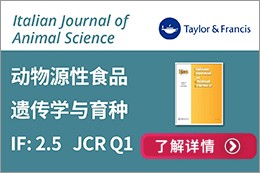当前位置:
X-MOL 学术
›
International Review of Financial Analysis
›
论文详情
Our official English website, www.x-mol.net, welcomes your feedback! (Note: you will need to create a separate account there.)
From macro to micro: Sparse macroeconomic risks and the cross-section of stock returns
International Review of Financial Analysis ( IF 7.5 ) Pub Date : 2024-07-01 , DOI: 10.1016/j.irfa.2024.103433 Lin Zhu , Fuwei Jiang , Guohao Tang , Fujing Jin
International Review of Financial Analysis ( IF 7.5 ) Pub Date : 2024-07-01 , DOI: 10.1016/j.irfa.2024.103433 Lin Zhu , Fuwei Jiang , Guohao Tang , Fujing Jin
Our study presents novel evidence on the pricing effectiveness of macroeconomic risks at the firm level. We employ a sparse PCA approach to aggregate macroeconomic variables from the FRED-MD database and obtain the first eight components, namely inflation, housing, spreads, production, employment, personal income, yields, and credit. We then construct the corresponding firm-level macroeconomic risk exposures as the sensitivity of the individual stock returns to the sparse economic components. Our research yields three main findings: (i) macro betas cannot be fully captured by common firm fundamentals, indicating the unique information in macro betas; (ii) the betas of inflation, production, personal income, yields, and credit are strong predictors of future stock returns beyond other micro risks; and (iii) behavioral mispricing theory, especially arbitrage frictions and investor sentiment, can help explain the macro beta premium.
中文翻译:

从宏观到微观:稀疏宏观经济风险与股票横截面收益
我们的研究提供了关于企业层面宏观经济风险定价有效性的新证据。我们采用稀疏 PCA 方法从 FRED-MD 数据库中汇总宏观经济变量,并获得前八个组成部分,即通货膨胀、住房、利差、生产、就业、个人收入、收益率和信贷。然后,我们根据个股回报率对稀疏经济成分的敏感性构建相应的公司层面宏观经济风险敞口。我们的研究得出了三个主要发现:(i)宏观贝塔值不能被共同的公司基本面完全捕获,这表明宏观贝塔值具有独特的信息; (ii) 通货膨胀、生产、个人收入、收益率和信贷的贝塔系数是除其他微观风险之外的未来股票回报的有力预测指标; (iii) 行为错误定价理论,尤其是套利摩擦和投资者情绪,可以帮助解释宏观贝塔溢价。
更新日期:2024-07-01
中文翻译:

从宏观到微观:稀疏宏观经济风险与股票横截面收益
我们的研究提供了关于企业层面宏观经济风险定价有效性的新证据。我们采用稀疏 PCA 方法从 FRED-MD 数据库中汇总宏观经济变量,并获得前八个组成部分,即通货膨胀、住房、利差、生产、就业、个人收入、收益率和信贷。然后,我们根据个股回报率对稀疏经济成分的敏感性构建相应的公司层面宏观经济风险敞口。我们的研究得出了三个主要发现:(i)宏观贝塔值不能被共同的公司基本面完全捕获,这表明宏观贝塔值具有独特的信息; (ii) 通货膨胀、生产、个人收入、收益率和信贷的贝塔系数是除其他微观风险之外的未来股票回报的有力预测指标; (iii) 行为错误定价理论,尤其是套利摩擦和投资者情绪,可以帮助解释宏观贝塔溢价。





































 京公网安备 11010802027423号
京公网安备 11010802027423号